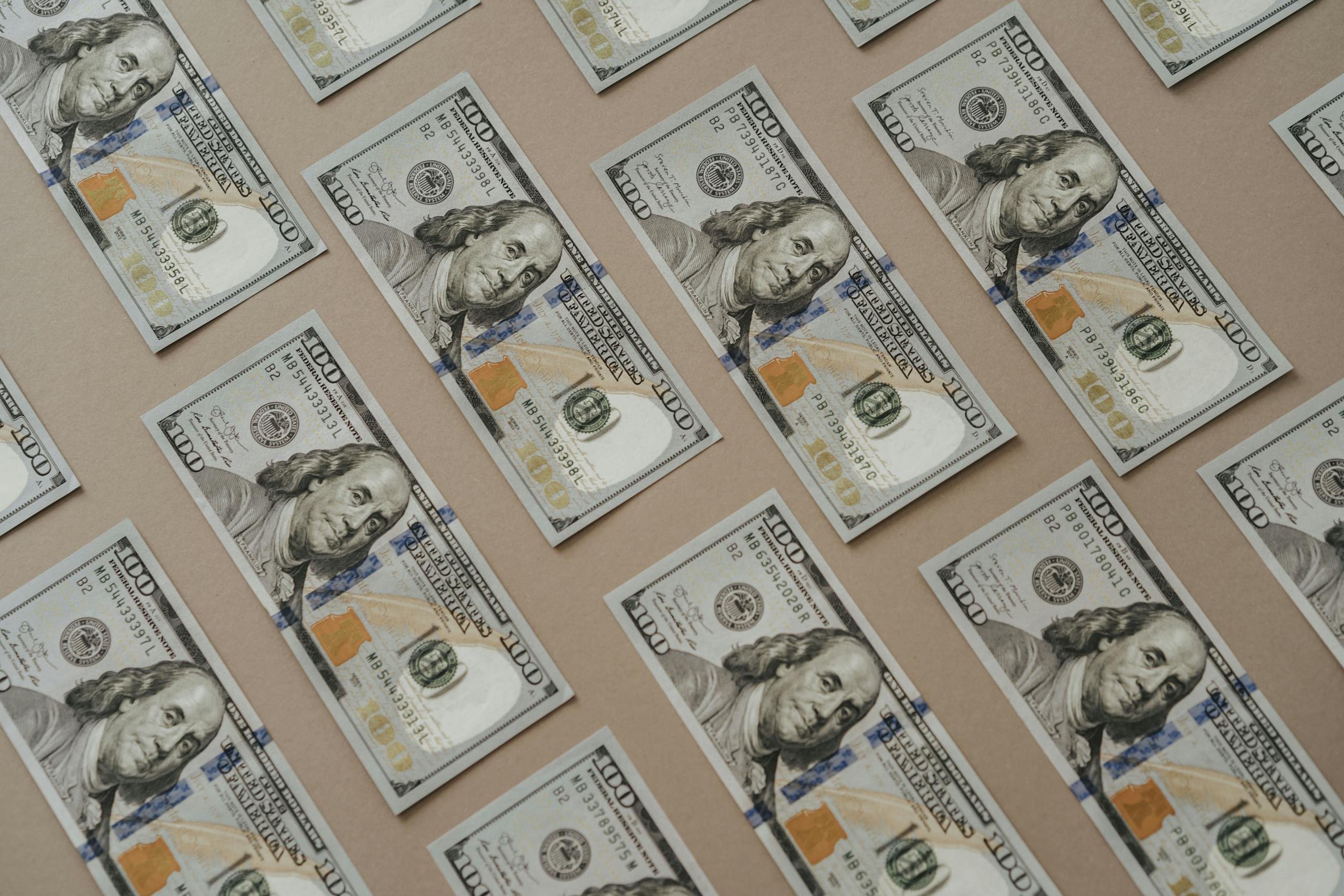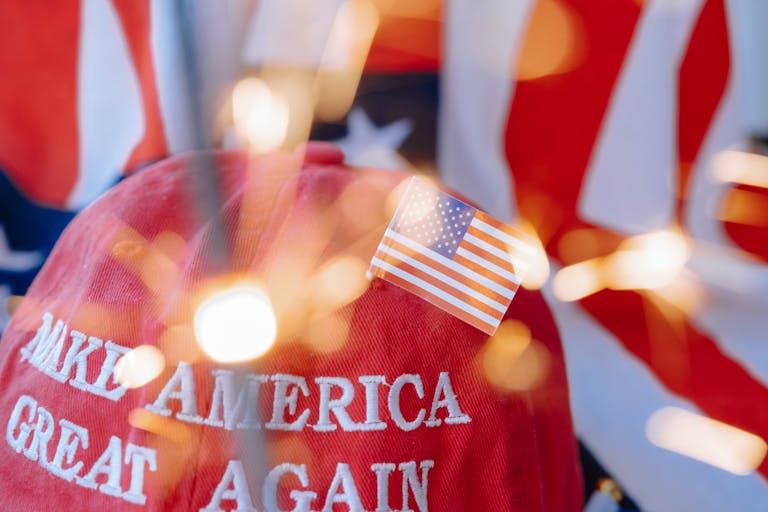Experts Say Money Can’t Buy Happiness, But $900M Down Payment Doesn’t Hurt
Lex Linkedman
Associate Mockitor of Influence and Optimization
Digital Culture Reporter
Two unknown Powerball winners split $1.8B, while experts insist money can’t buy happiness—yet the nation imagines every way it absolutely could.

Two unknown winners are now splitting the September 6, 2025 $1.8 billion Powerball jackpot, though America’s real pastime is debating what exactly they should or shouldn’t do with it.
Financial advisors rushed to news outlets, offering unsolicited guidance for billionaires they’ll never meet. The consensus: don’t blow it all on yachts, don’t trust relatives, and definitely don’t do the one thing every winner has ever done, quit their job before HR can schedule the exit interview.
Meanwhile, lifestyle experts reminded the public that “money can’t buy happiness.” True, but it also doesn’t leave happiness stranded at a bus stop. While psychologists warn about lottery-winner depression, few mentioned the depression of everyone else still refreshing their banking app before grocery shopping.
Speculation over the winners’ next steps has become its own sport. Some imagine charitable donations. Others predict inevitable divorce settlements. The most realistic scenario? A sudden influx of new “friends” who just happened to remember their phone numbers after years of silence.
Critics argue that jackpots this large only highlight the absurdity of America’s financial system: two people are now wealthier than entire neighborhoods, while millions still hope scratch-off dust counts as a side hustle.
Until the winners reveal themselves, the nation is left with fantasies. Should they buy an island? A sports team? A therapist to explain why their happiest day will also make everyone else miserable?
For now, the only certainty is that while money can’t buy happiness, it can absolutely rent a convincing imitation.












